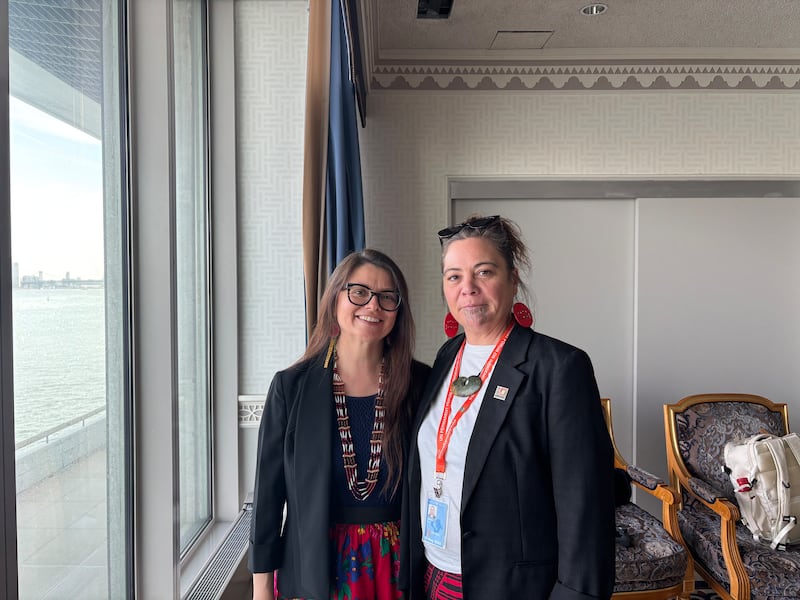This week the 54th meeting is being hosted in the Solomon Islands and in two years’ time, Aotearoa will once again play host for the 56th Pacific Islands Forum Leaders’ meeting in 2027.
With deep cultural and ancestral ties to the Pacific, issues such as climate change, decolonisation, and indigenous rights have a direct impact on Māori communities. As the Forum serves as the key regional body where Pacific leaders address shared challenges — from climate and security to development and ocean protection — it raises the question: what does this mean for Māori?
The first Pacific Islands Forum Leaders’ Meeting - then called the South Pacific Forum - was held in Aotearoa in 1971, bringing together leaders from seven founding members: the Cook Islands, Fiji, Nauru, Tonga, Western Samoa (now Samoa), Australia, and New Zealand.
Pacifc researcher Steven Ratuva agrees the Forum holds significance for Māori, given Aotearoa’s role as a founding member.
“A lot of the issues which have been discussed on the forum have direct implications on Māori’s in New Zealand. Things such as climate change for instance and things like big power contestation, things like development, things like transnational crime.”

The forum was established because there was no space for political discussions at the time.
Academic Gordon Nanau (Solomon Islands) says it has become a space where where you can talk about sensitive issues and have political discussions.
These discussions include climate change, regional security, economic development, strengthening Pacific relationships and navigating rising geopolictical tensions in the region.
“From a relationship angle I think there are many Pacific Islanders living here and Māori’s are also closely related to many of us in the Pacific. I think it’s important it’s relevant that we are aware of what is happening next door. ”
The forum aims to give voice to indigenous-led solutions grounded in moana-based knowledge systems, which for Māori could involve having our perspectives and approaches considered in regional discussions.
Earlier this year, former Ministry for the Environment Principal Policy Analyst Anahera Nin (Ngāti Toa Rangatira, Ngāti Huia) said New Zealand’s climate policies remain out of step with both the Paris Agreement and the ICJAO ruling which means government actions driving climate change are illegal and states should be held legally responsible for their emissions.
The shifts Nin would like to see in Aotearoa’s climate policy include approaches that enable hapori, marae, hapū, and iwi to self-determine their own climate planning and action.

Speaking on the role of indigenous forums in the region, Emma Rawson-Te Patu (Ngāti Ranginui, Ngāi Te Rangi, Raukawa, Ngāti Hauā) shares her perspective.
“We need to be in the spaces in order to have our voices included in the solutions. I’m a really good example of that. We made a decision eight years ago that we would be in all the spaces we needed to be seen and heard in because we knew by being there than we would be seen.
“So that’s amazing in a real opportunity for us to make sure that we are there in present in a supportive role.”
Last year, Rawson-Te Patu became the first indigenous woman appointed to the leadership of the World Federation of Public Health Associations (WFPHA).
Speaking to Local Democracy reporter Moana Ellis last year, she said her immediate priority for her two-year tenure was decolonising public health globally with “The United Nations and World Health Organisation have declared the importance of indigenous knowledge and traditions.”



